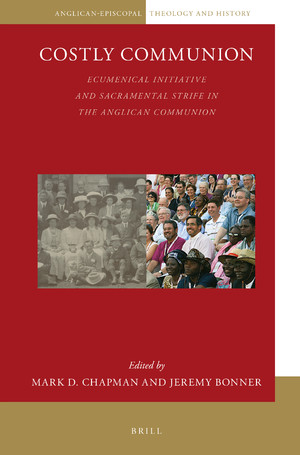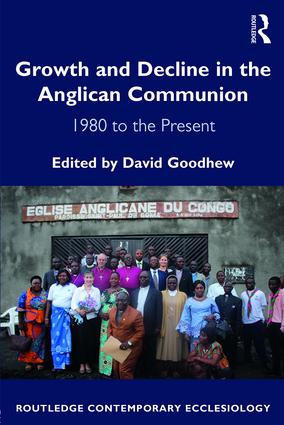A Commencement and +Michael Nazir-Ali
A hot and steamy day in Pittsburgh and the thirty-third commencement of Trinity School for Ministry (TSM), thirty-five years after its inception, at Trinity Cathedral. Today was also the occasion for the award of the one-thousandth degree in TSM's short but eventful existence, a roster that includes many active clergy in the continent of Africa. A reminder of the ties that bind was the award - in absentia - of the title of Professor Emeritus of Biblical Studies to Stephen Noll, formerly of TSM and more recently vice-chancellor of Uganda Christian University (2000-2010).
Yet the highlight of the commencement was a sermon from Bishop Michael Nazir-Ali (106th Bishop of Rochester, England). A British citizen of Pakistani origin, Bishop Michael assisted in organizing the 1988 Lambeth Conference and served as General Secretary of the Church Mission Society. He is now President of the Oxford Centre for Training, Research, Advocacy and Dialogue. Active in inter-faith dialogue, he has also acquired a certain prominence for his warnings regarding the current trajectory of militant Islam and his refusal to participate in the 2008 Lambeth Conference.
Bishop Michael's homily focused on the Resurrection narratives (noting his early sighting of a Pittsburgh road sign proclaiming Resurrection Avenue - "you can't get better than that!") Calling the post-Resurrection appearances "spine-tingling" and "out of this world, in every sense of that term", he expressed his puzzlement as to why the Apostle Thomas has had such an unfavorable press, given that he is a model for Christians and Christian community. It is he who acknowledges Jesus with the stunning declaration "My Lord and My God". From Thomas, members of the Church - and future clergy - should learn to point always to Jesus and our Lord's encounter with Thomas may be understood in liturgical terms, as both acknowledgment and acclamation.
Bishop Michael decried the tendency of contemporary evangelical revivalism to emphasize the person making the decision to accept Christ, almost to a Pelagian level, when the truth is that such decisions can only be a response to God's choosing and calling. Everyone will have a different story - as it should be - and the call of today's graduating class has been tested and matured and will now be evidenced in ministry. Companionship - not just of God but of mentors - will be important on their present journey.
People say Anglicanism is not confessional, Bishop Michael declared, but that does not mean it is not creedal. It is such a pity when church leaders cannot say Jesus is Lord and God, even though they are ready to accord him titles which even those of other faiths accept. The Great Commission is not the end of ministry, however, but merely the first step in assisting in the formation of Christian people.
In a recent joint-interview with Richard Dawkins, Bishop Michael heard the latter fulminate against the "savage God" whom he perceived in the doctrine of the Atonement. And yet, the bishop responded, to advocate forgiveness without sacrifice is merely a manifestation of cheap grace. Forgiveness has a cost. The Atonement, he declared, "has less to do with a savage God than a savage World."
From the second reading (1 Peter 5:1-11) Bishop Michael drew the conclusion that the apostolic office shares (or should share) in the presbyteral office. He recalled praying with a priest in Rochester who told him that it was the first time in many years of ministry that a bishop had prayed with him, a fact of great sadness to him. The graduates should also seek to cultivate an attitude of complete trust in God, especially during those many times in ministry when they felt themselves to be at a dead end, and of humility in their pastoral office, remembering always that pastoral leadership is a call to serve not to reign.









